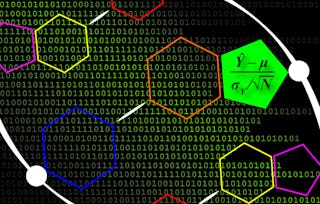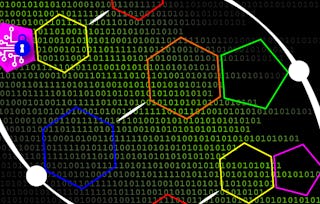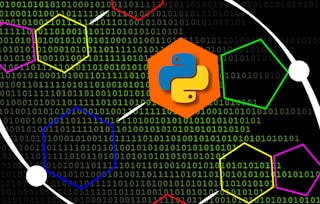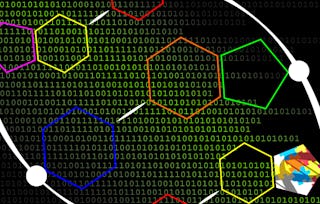This course introduces you to the basic biology of modern genomics and the experimental tools that we use to measure it. We'll introduce the Central Dogma of Molecular Biology and cover how next-generation sequencing can be used to measure DNA, RNA, and epigenetic patterns. You'll also get an introduction to the key concepts in computing and data science that you'll need to understand how data from next-generation sequencing experiments are generated and analyzed.

Introduction to Genomic Technologies

Introduction to Genomic Technologies
This course is part of Genomic Data Science Specialization


Instructors: Steven Salzberg, PhD
125,445 already enrolled
Included with
4,853 reviews
Skills you'll gain
Details to know

Add to your LinkedIn profile
5 assignments
See how employees at top companies are mastering in-demand skills

Build your subject-matter expertise
- Learn new concepts from industry experts
- Gain a foundational understanding of a subject or tool
- Develop job-relevant skills with hands-on projects
- Earn a shareable career certificate

There are 4 modules in this course
In this Module, you can expect to study topics of "Just enough molecular biology", "The genome", "Writing a DNA sequence", "Central dogma", "Transcription", "Translation", and "DNA structure and modifications".
What's included
8 videos2 readings1 assignment
In this module, you'll learn about polymerase chain reaction, next generation sequencing, and applications of sequencing.
What's included
3 videos1 assignment
The lectures for this module cover a few basic topics in computing technology. We'll go over the foundations of computer science, algorithms, memory and data structures, efficiency, software engineering, and computational biology software.
What's included
6 videos1 assignment
In this module on Data Science Technology, we'll be covering quite a lot of information about how to handle the data produced during the sequencing process. We'll cover reproducibility, analysis, statistics, question types, the central dogma of inference, analysis code, testing, prediction, variation, experimental design, confounding, power, sample size, correlation, causation, and degrees of freedom.
What's included
10 videos2 readings2 assignments
Earn a career certificate
Add this credential to your LinkedIn profile, resume, or CV. Share it on social media and in your performance review.
Instructors

Offered by
Explore more from Data Analysis

Johns Hopkins University

Johns Hopkins University

Johns Hopkins University

Johns Hopkins University
Why people choose Coursera for their career

Felipe M.

Jennifer J.

Larry W.

Chaitanya A.
Learner reviews
- 5 stars
66.37%
- 4 stars
26.94%
- 3 stars
5.08%
- 2 stars
0.94%
- 1 star
0.63%
Showing 3 of 4853
Reviewed on Jun 23, 2019
Fantastic course from two true authorities in the field. Great examples, and I was surprisingly enthralled by the statistical section; turns out I just never had the right teacher!
Reviewed on Nov 16, 2019
This course had gave me the overview of the statistical analyses for genomic data analysis. This is useful for me as I can employ those statistical Analyses knowledge in the near future
Reviewed on Oct 19, 2025
The course is very informative and straightforward. It allows learners to grasp the basics effectively and highlights the foundational concept needed for the next competencies.

Open new doors with Coursera Plus
Unlimited access to 10,000+ world-class courses, hands-on projects, and job-ready certificate programs - all included in your subscription
Advance your career with an online degree
Earn a degree from world-class universities - 100% online
Join over 3,400 global companies that choose Coursera for Business
Upskill your employees to excel in the digital economy
Frequently asked questions
To access the course materials, assignments and to earn a Certificate, you will need to purchase the Certificate experience when you enroll in a course. You can try a Free Trial instead, or apply for Financial Aid. The course may offer 'Full Course, No Certificate' instead. This option lets you see all course materials, submit required assessments, and get a final grade. This also means that you will not be able to purchase a Certificate experience.
When you enroll in the course, you get access to all of the courses in the Specialization, and you earn a certificate when you complete the work. Your electronic Certificate will be added to your Accomplishments page - from there, you can print your Certificate or add it to your LinkedIn profile.
Yes. In select learning programs, you can apply for financial aid or a scholarship if you can’t afford the enrollment fee. If fin aid or scholarship is available for your learning program selection, you’ll find a link to apply on the description page.

